Why Is Bamboo Flooring Popular?
Thirty years ago, few people installed bamboo floors in their home or business. Today, bamboo is widely available and popular. But why the change?
For one thing, if you’re drawn to the idea of using natural material such as solid wood—and who isn’t—you might find yourself dismayed by the steadily increasing cost of hardwood. Springing for good-quality bamboo flooring could save you money compared to hickory, cherry, or other more expensive species of hardwood.
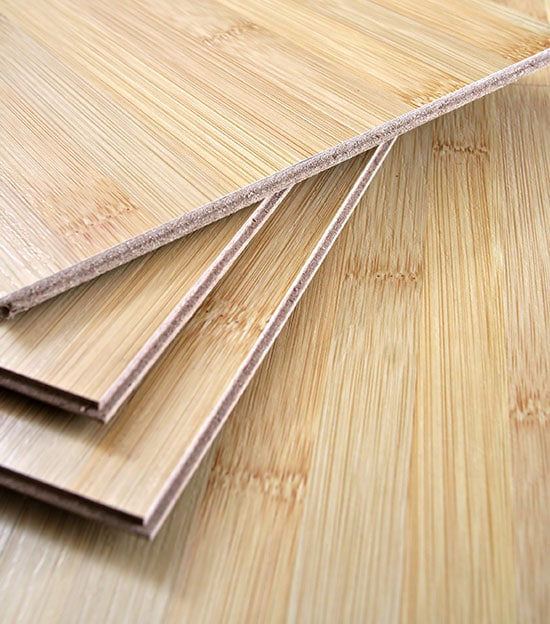
Bamboo is a natural flooring material that makes a great alternative to wood.
Recent advances in the techniques used to manufacture bamboo flooring are another key factor behind bamboo’s growing popularity. Earlier generations of bamboo were often softer and did not last as long as solid wood. Carefully considering the hardness ratings of today’s various bamboo materials can help you sidestep that problem.
Other reasons to choose bamboo
Interestingly, bamboo is not a type of wood at all. It’s a dense, fast-growing grass that can be engineered to achieve some of the same benefits as wood. Strand-woven bamboo is a newer, more expensive type that is specially made through fusing the bamboo fibers under extreme pressure. This type can be just as hard and durable as some of the densest hardwoods.
If properly cared for, good-quality bamboo can last for many years, plus some types can even be refinished. And as a grass that can be sustainably harvested every three to 10 years, bamboo is often thought of as environmentally friendly. It’s easy to maintain, termite resistant, and won’t harbor allergens like carpeting does.
Is there a downside?
Cheaper bamboo flooring generally won’t hold up as well and can be more susceptible to scratches or dents. Also, as a grass, bamboo won’t exactly match the look and feel of a real wood floor. If the beautiful grains and rich, natural character of hardwoods are what you seek, you might be disappointed with bamboo. Its clean, contemporary look won’t fit with all decor.
Additionally, watch out for brands of bamboo flooring that contain adhesives and formaldehyde because they emit higher levels of toxic, volatile organic compounds. Do your homework to know what you’re getting.
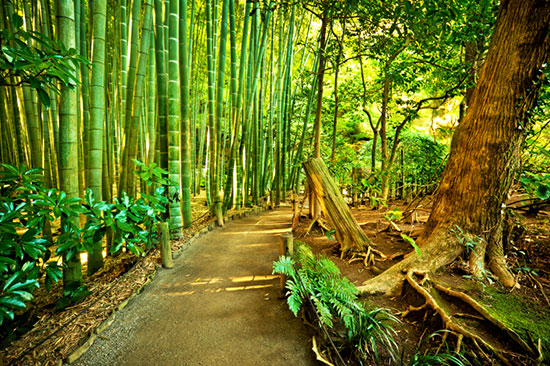
Bamboo is not a type of wood at all, but a fast-growing grass that can be sustainably harvested.
What about the moisture factor?
Moisture can be an issue with bamboo, much like solid wood, so be sure you don’t overlook this vital factor. Bamboo absorbs or releases moisture according to ambient conditions. This means that the same kinds of moisture issues that sometimes affect wood floors—problems such as warping, crowning, buckling, mold, and mildew—can impact bamboo floors too.
Fortunately, taking proper precautions before, during, and after the installation will nearly always prevent significant moisture-related issues.
Always include these two steps
First, pay attention to the moisture content of the bamboo itself. Always allow time for bamboo flooring to acclimate to the interior environment. Use a pin or pinless moisture meter to determine if the bamboo is ready to install. Pinless meters, such as the Orion 950, are ideal. They are fast and easy to use and won’t mar your bamboo with unsightly pinholes.
Second, consider your subfloor. It could be a ticking time bomb for moisture issues if you’re not careful. This is particularly true in the case of a concrete subfloor. Even though a concrete slab may look dry at the surface, that does not necessarily mean it’s ready for a finished floor installation.
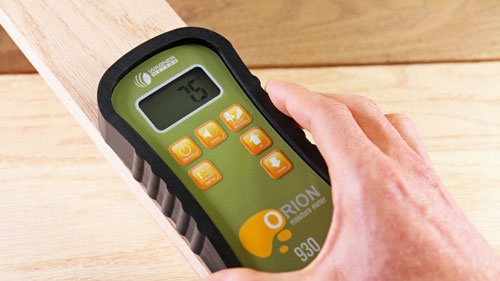
Moisture is always a potential issue, so it’s important to use a moisture meter for determining when the flooring is ready to install.
Moisture in a slab typically exists in a gradient as it dries following the initial pour. Expect considerably more moisture deep down in the slab than at the surface. This “hidden” moisture could wreak havoc on either bamboo or wood flooring after it’s installed.
For a reliable evaluation of concrete moisture, use an in-situ relative humidity test, such as the easy-to-use Rapid RH L6. This is a depth-specific test that’s been scientifically shown to give an accurate indication of the moisture that your floor will “see” after installation.
All in all, there’s a lot to like about the natural look of bamboo. So, by taking these moisture-related precautions, you’ll enjoy peace of mind that your bamboo floor will last for the long haul.
Previously published in Floor Covering News
Jason has 20+ years’ experience in sales and sales management in a spectrum of industries and has successfully launched a variety of products to the market, including the original Rapid RH® concrete moisture tests. He currently works with Wagner Meters as our Rapid RH® product sales manager.

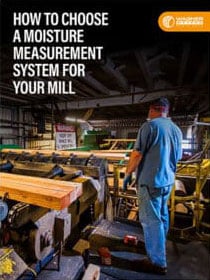
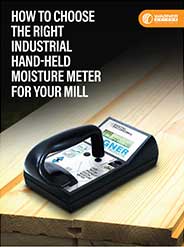

Great information! Bamboo wood whether used for flooring, furniture or making any accessory is quite reliable, provide a classy look as well. Thanks. The tips and information above are great. Keep it up!